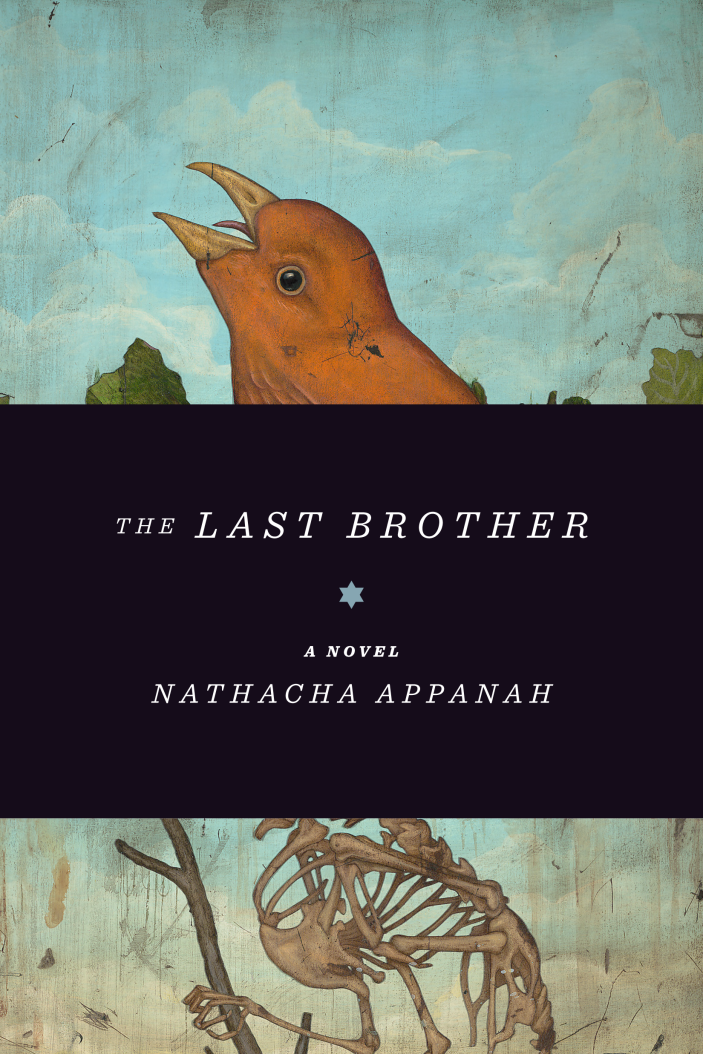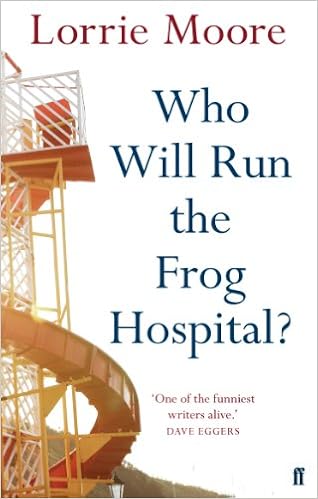I cannot recall having told David about my plan when we plunged into the forest but it seems to me that he came with me without my having to explain anything at all to him--a naive notion, I know. It surely cannoy be the truth yet it is what memory tells me, it is what remains sixty years later, perhaps so as to convince myself that I did not force him to follow me. Perhaps it is my only excuse.
I was full of hope, I wanted a brother, two brothers, a family as before, games as before, I wanted to be protected as before, I wanted to catch sight of those shadows out of the corner of my eye that let you know you are no alone. I was struggling desperately to resist everything that took me further away from childhood, I rejected death, rejected grief, rejected separation, and David was the answer to everything.
Raj is a young boy living in Mauritius, a small island nation east of Madagascar. His father is an abusive drunk who strikes him and his mother both, but at least he has his brothers, Anil and Vinod, one older and one younger--until one day a sudden monsoon catches the three brothers out in the forest and washes the other two to their deaths. This tragedy is, as one might suspect, life-shattering for Raj, who struggles to make sense of the loss. His father gets a job in the larger suburb of Beau-Bassin as a prison guard, but the ghosts of Anil and Vinod continue to haunt Raj from a distance:
Like me, my mother carried the deaths of Anil and Vinod within her, throughout her life, and, like me, she was never able to put this bereavement into words. You can say you are an orphan, or a widow or a widower, but when you have lost two sons in the same day, two beloved brothers on the same day, what are you? What word is there to say what you have become? Such a word would have helped us, we would have known precisely what we were suffering from when tears came inexplicably to our eyes and when, years later, all it took was a smell, a color, a taste in the mouth, to plunge us into sadness once more, such a word could have described us, excused us, and everyone would have understood.
One day, when spying on the prison where his father works from outside the fence, Raj comes face to face with a boy about his own age, even smaller, white and with golden curls. He becomes fascinated with this boy and, when a savage beating from his father lands him in the prison hospital, meets him: his name is David, and he is one of several Jews deported to Mauritius by the British government after being turned away from Haifa at the height of the Holocaust. Raj becomes obsessed with David, who is unfamiliar but light in spirit, quick to laugh, and promises perhaps to replace the brothers that Raj has lost. When David escapes from the prison, Raj runs away with him, foolhardily hoping to cross the vast forest and reach his old village, where David can help him recover the life he had.
The Last Brother sounds as if it might be maudlin, but I was impressed by its simplicity and the lightness of its touch, which lies over a profound and complex novel about grief and loss. I was intrigued by the way that Appanah keeps the character of David at an arm's length: though Raj's love for him is entirely convincing--and, even in characters so young, romantically tinged, it seems to me--David himself is something of a locked box, sapped by the war of agency and motivation. Why does he follow Raj into the forest, where his sickness threatens to keep him from reaching their destination? A love for Raj, yes, and a habit of obedience, maybe, but if there are histories and complexities behind these feelings we never know them. One of the reasons The Last Brother works so well is that the voice of the older Raj is layered over the story, a Raj who has lost David--as he lost Anil and Vinod--but never ceased looking for him:
From that time forth I have never ceased searching for David in books, in films, in archives, to try to catch a momentary glimpse of how he had lived during those terrible years. A voice, words, an emotion that might have been his, that of a child aged five, boarding a ship wit his parents that was crammed with refugees, bound for Palestine. When and how did his parents die? Who took him in their arms to comfort him at that moment? Who watched over him? I do not know.
I picked up The Last Brother as part of a long-term project, which I mentioned in my last review, to read books by authors from countries I never have before. The Last Brother made me feel this project is already paying off dividends: not only is the novel a lovely glimpse into a corner of the world I know so little about, it is a delicate and sad little novel that I found very affecting.








.jpg/220px-Fences_(August_Wilson_play_-_script_cover).jpg)
